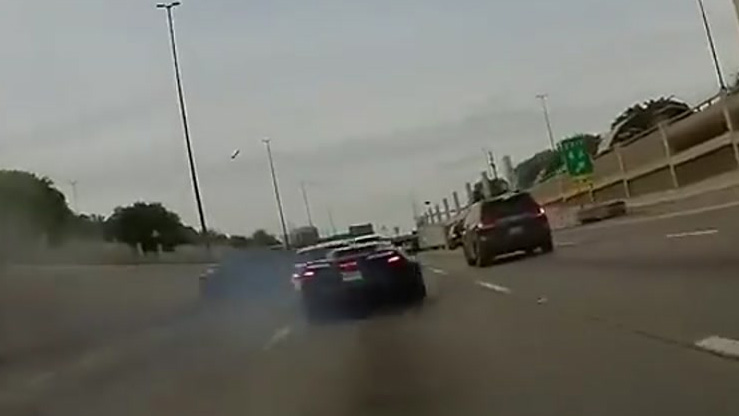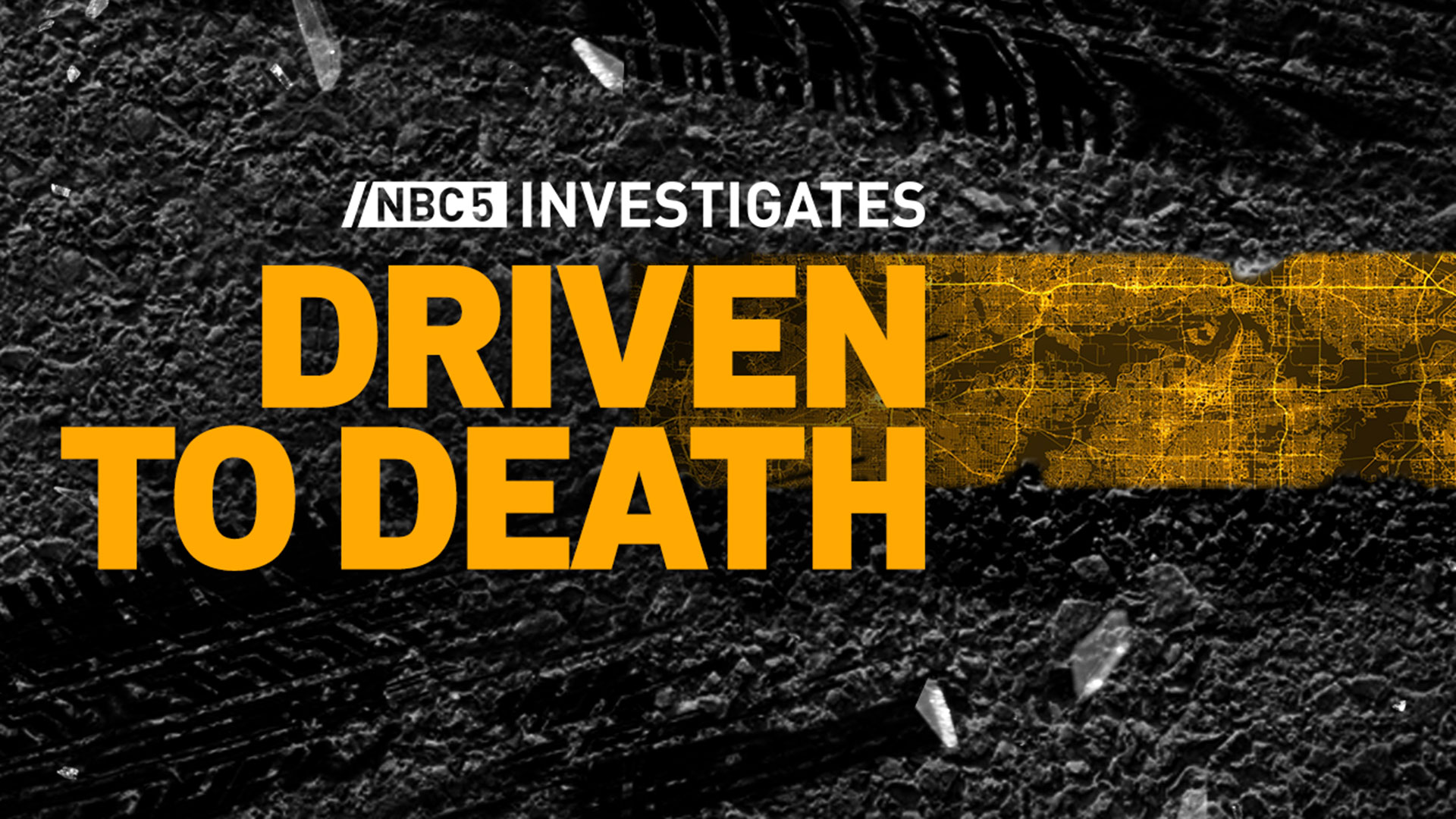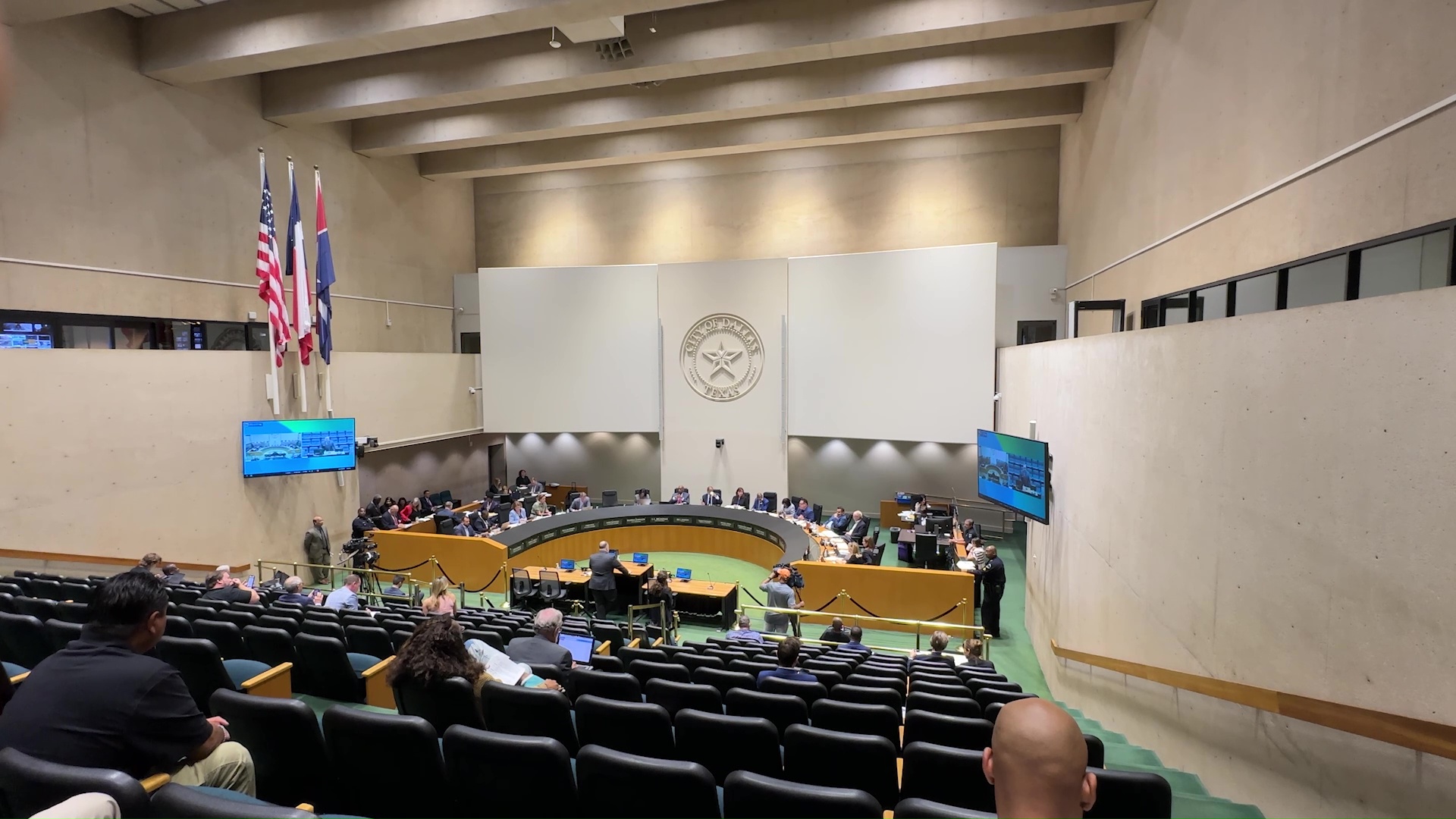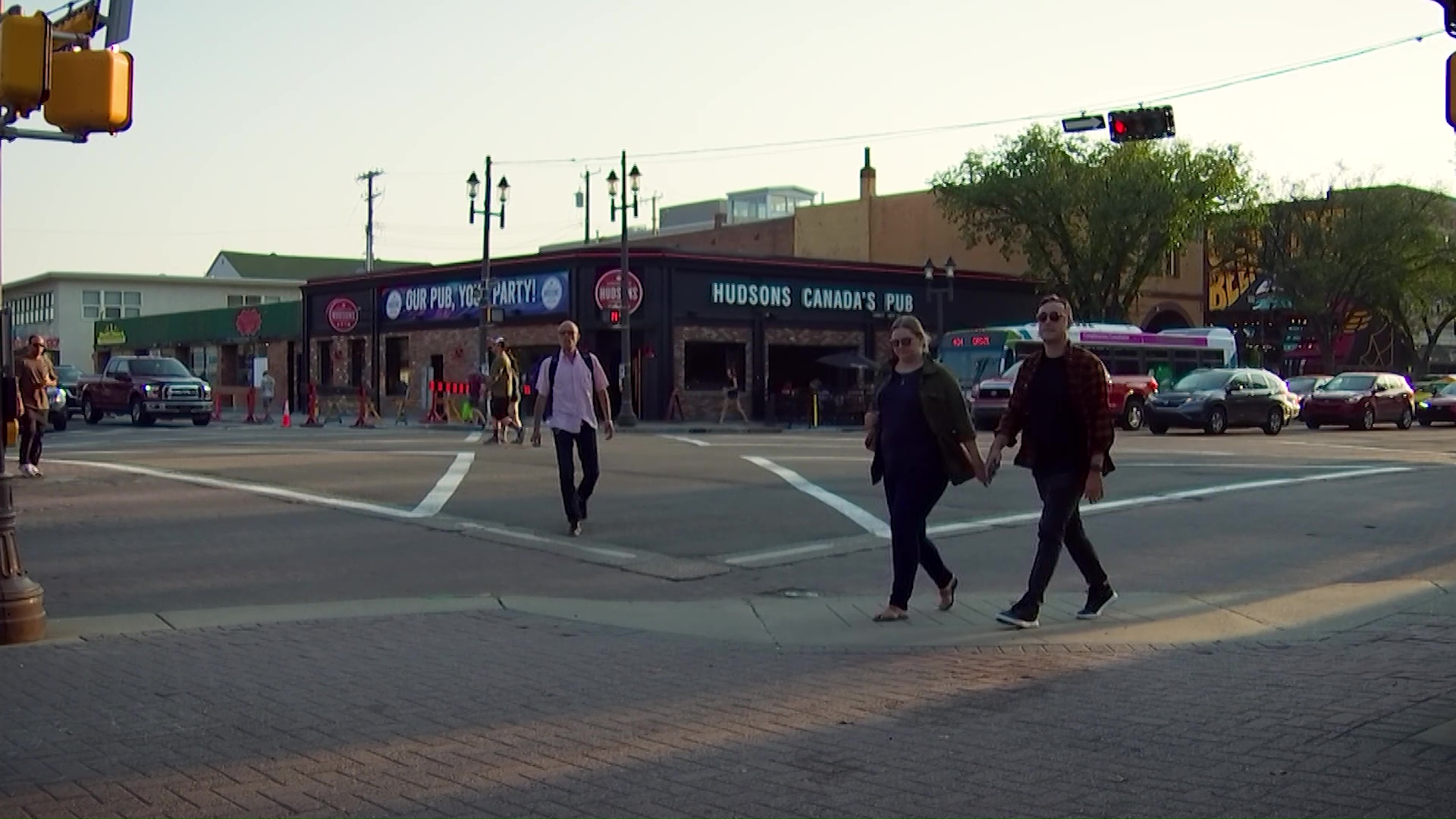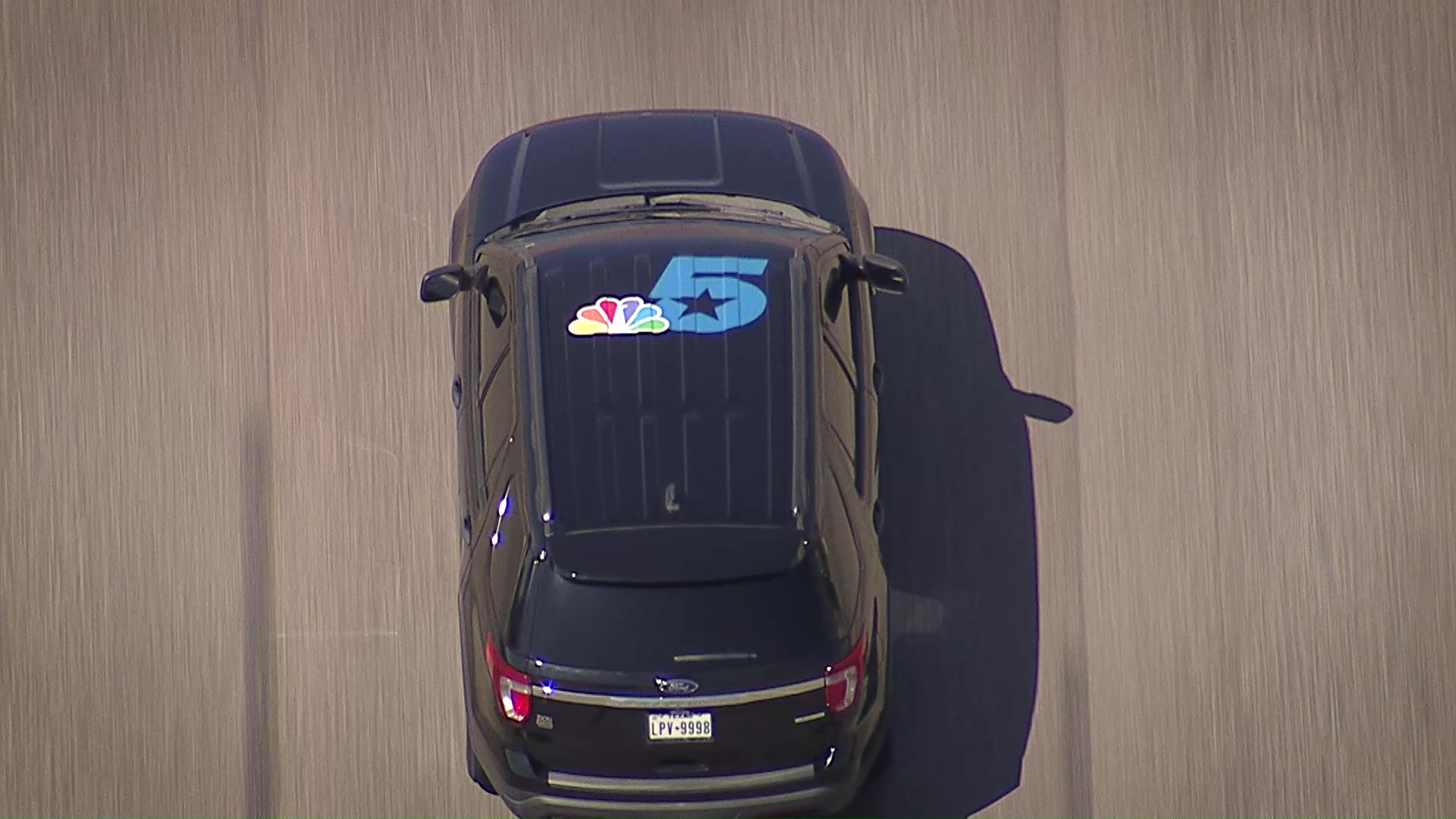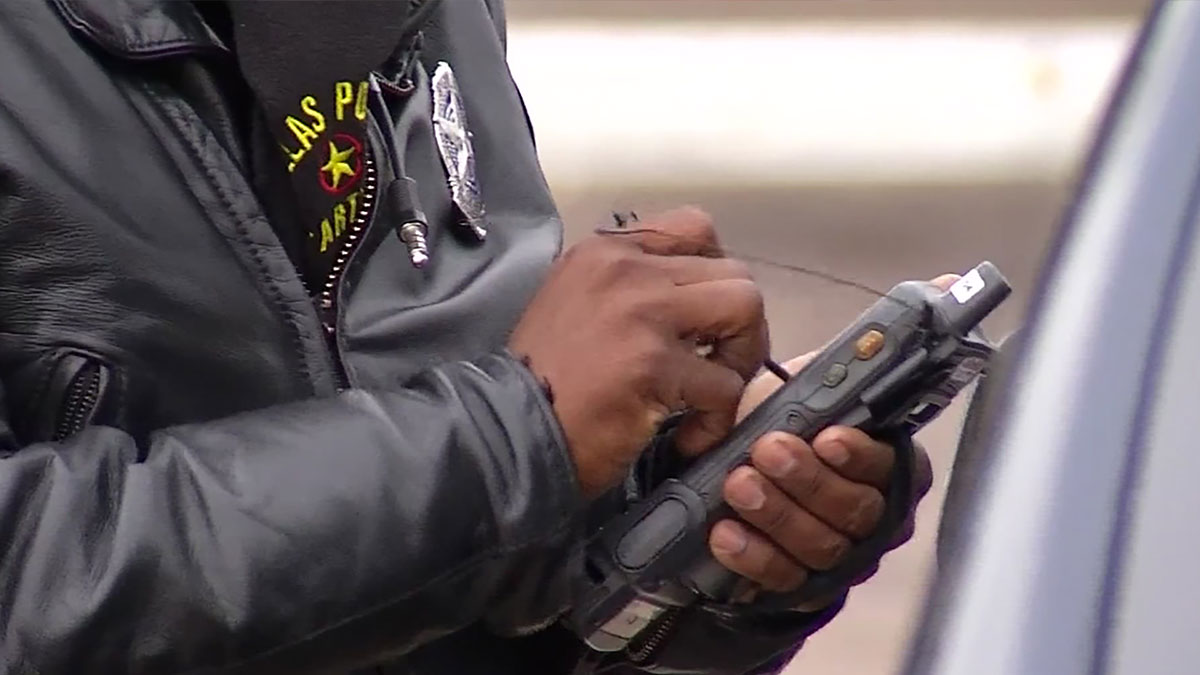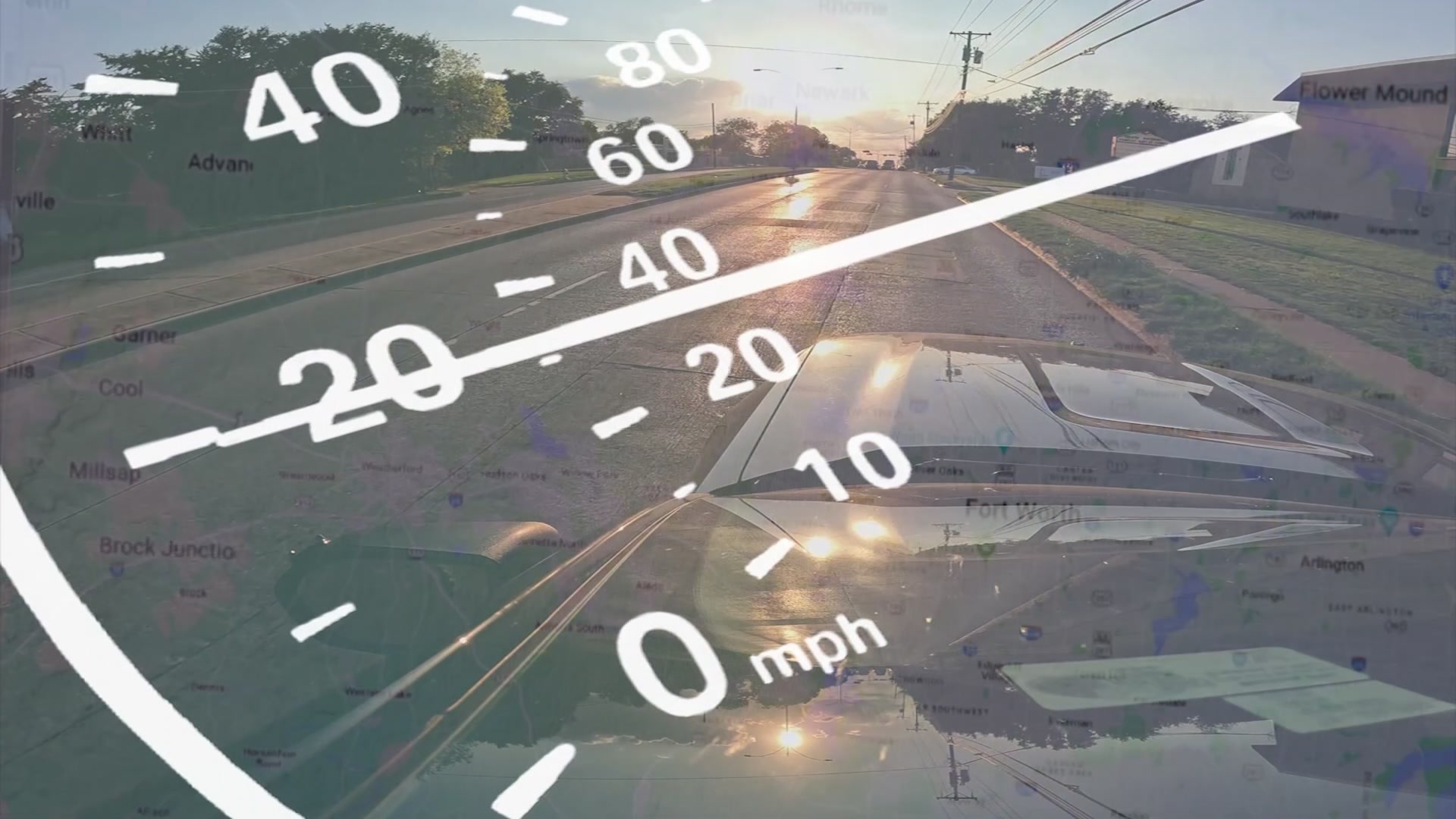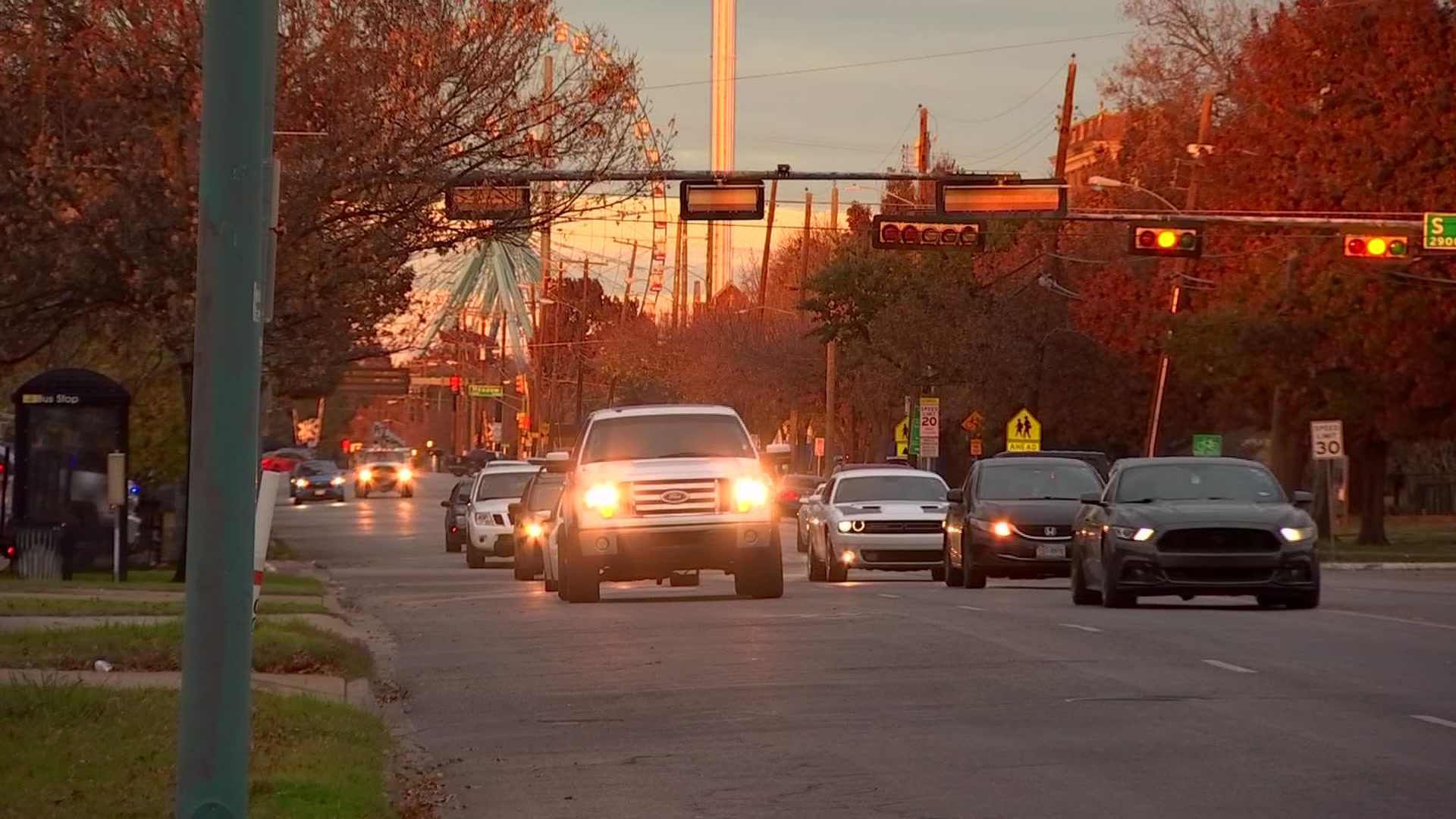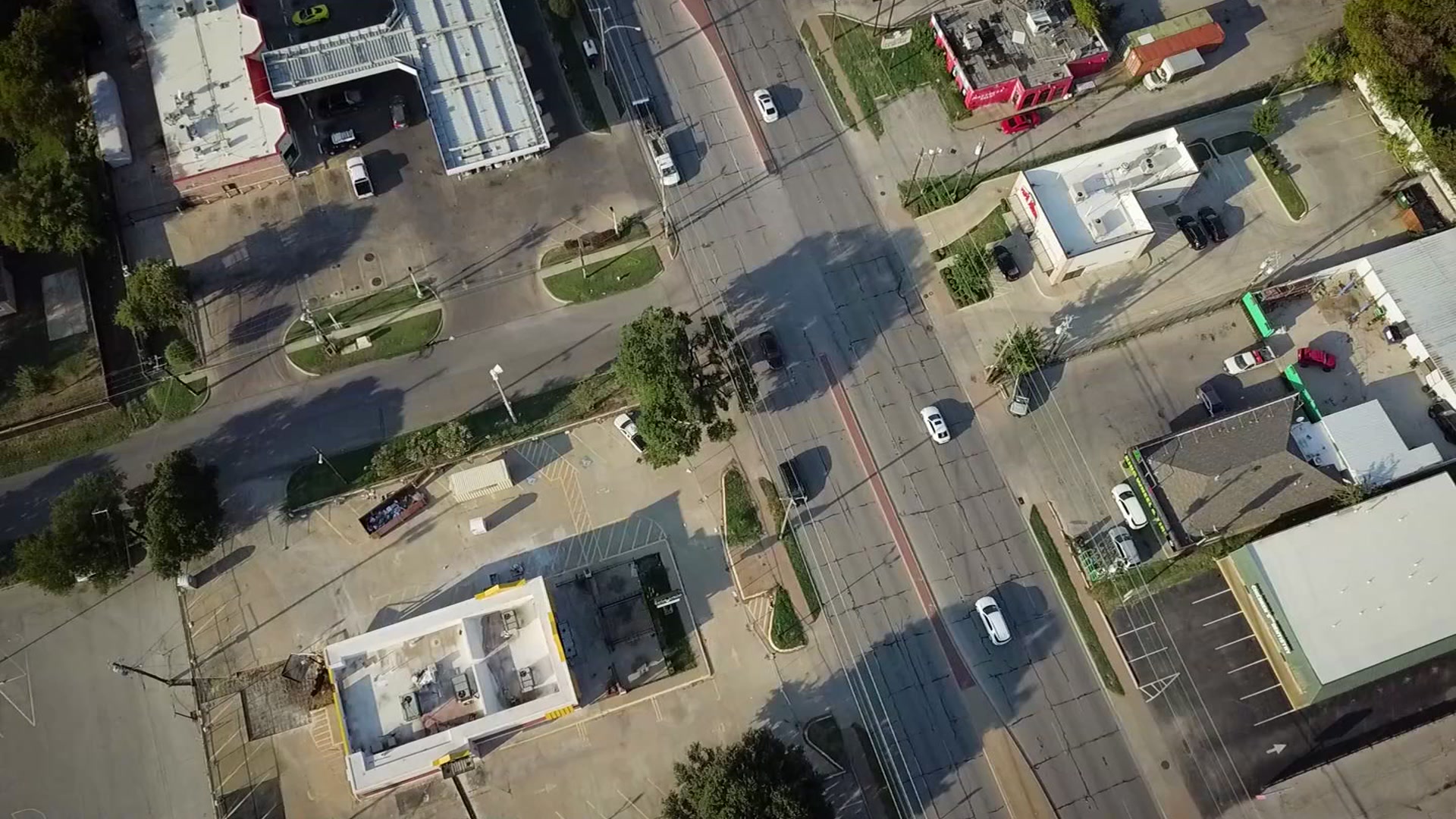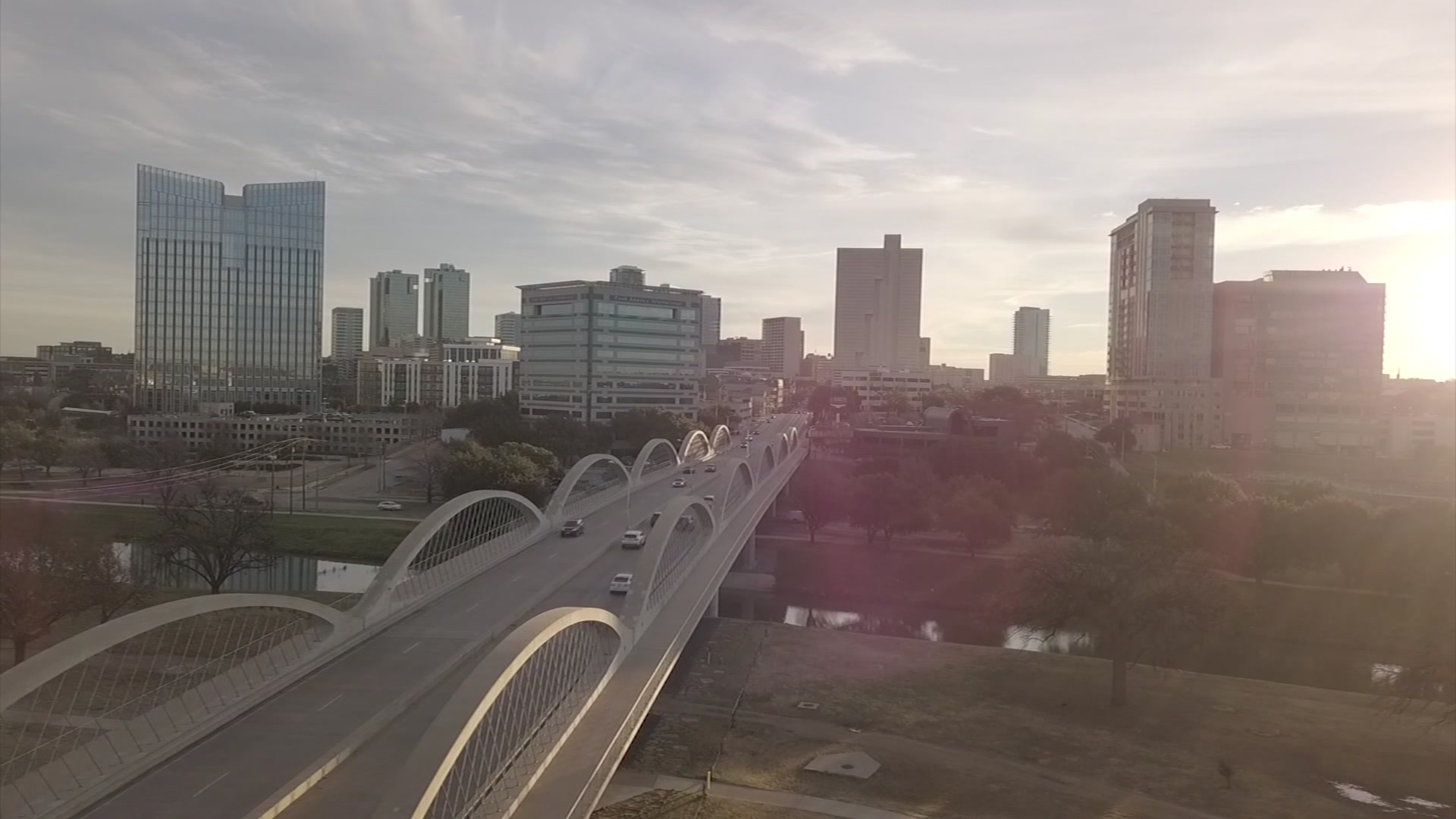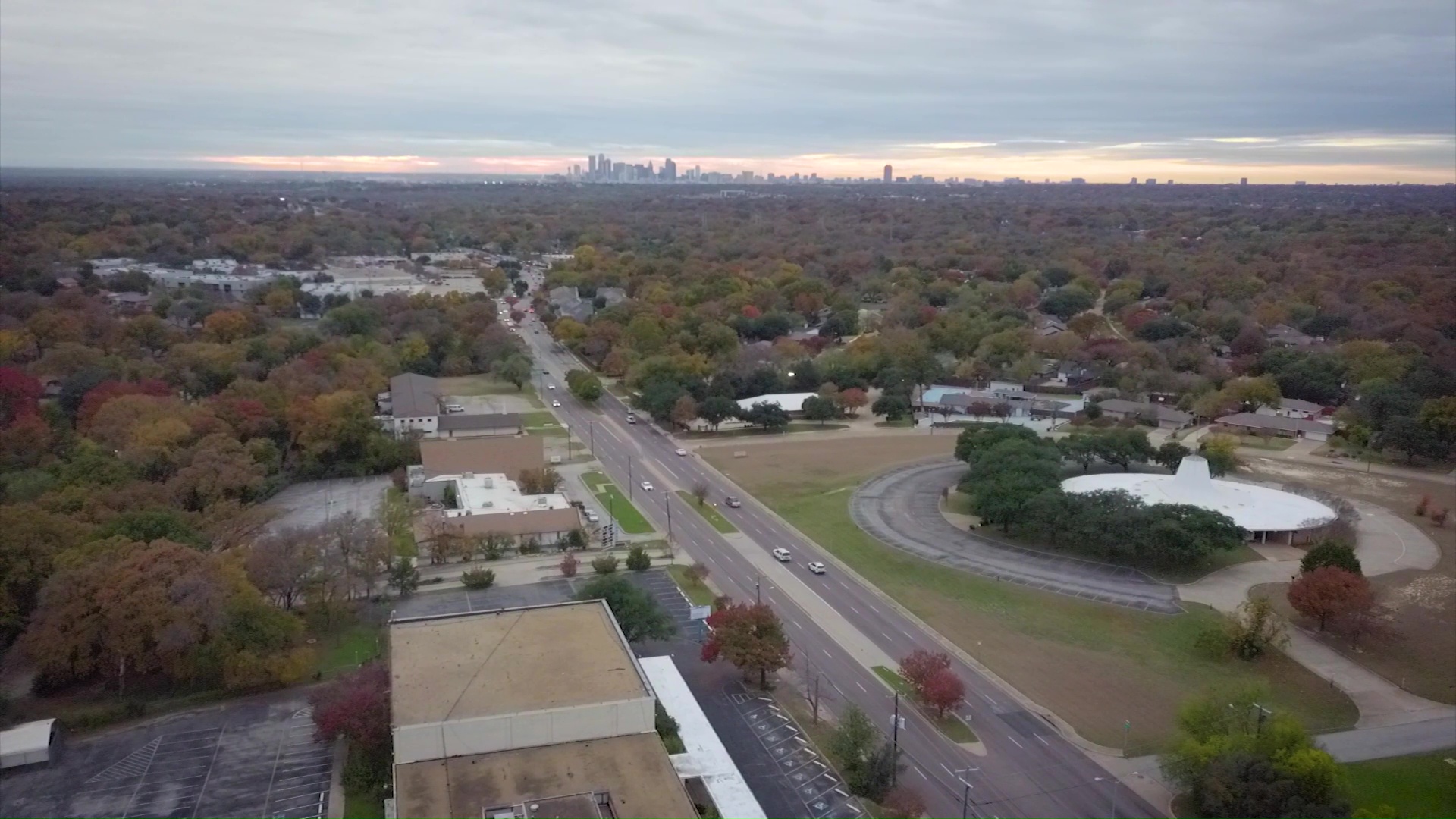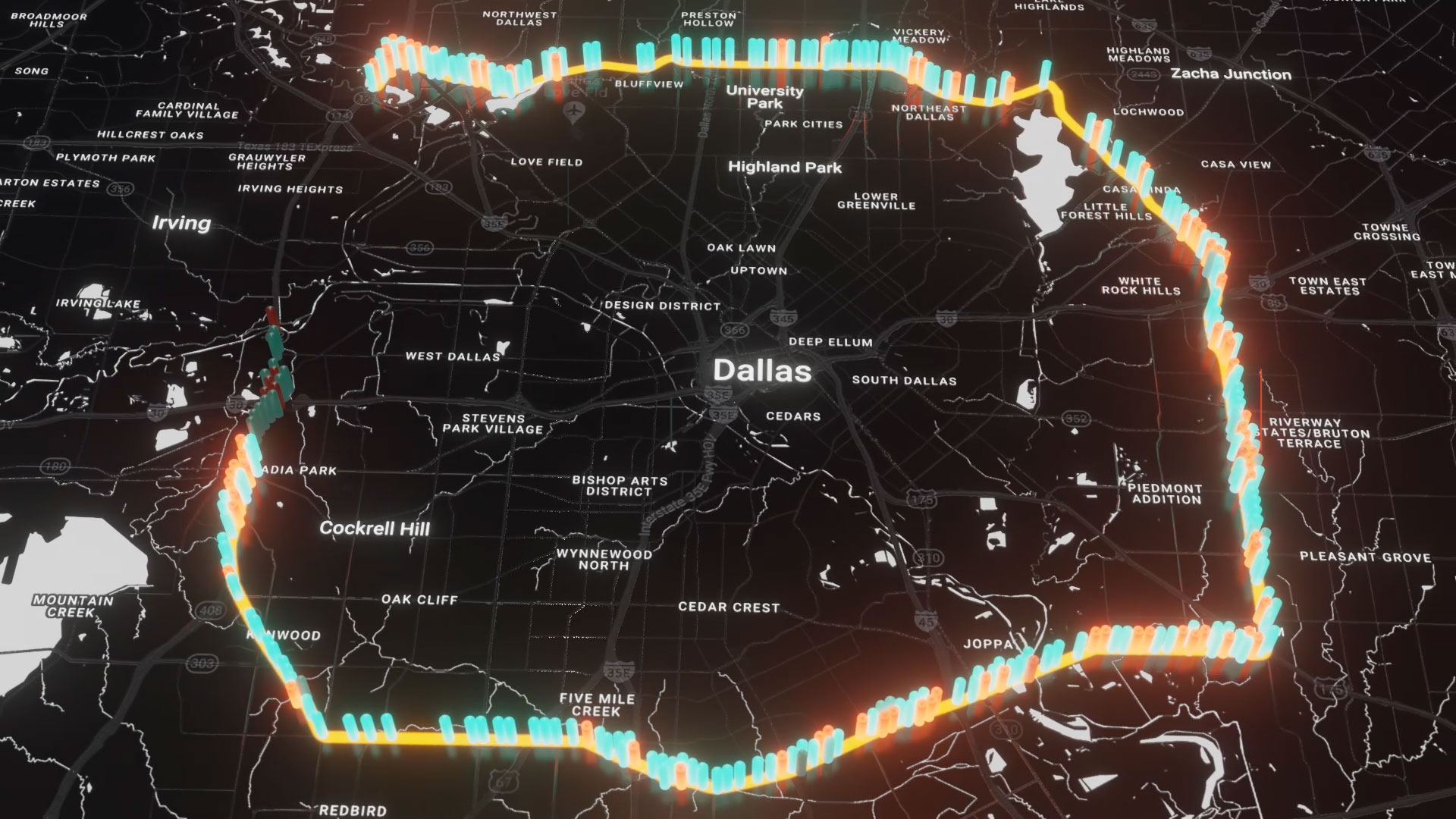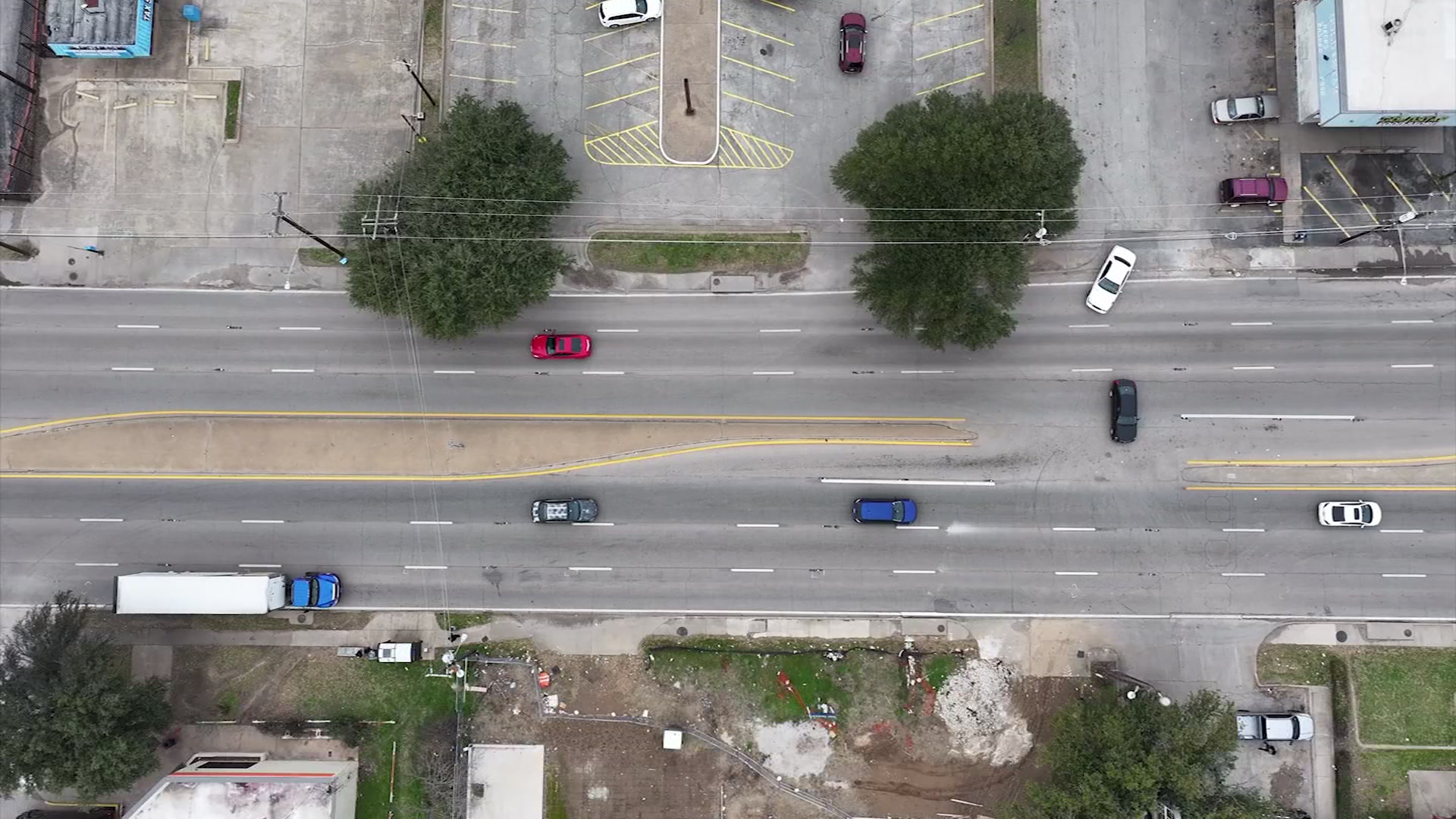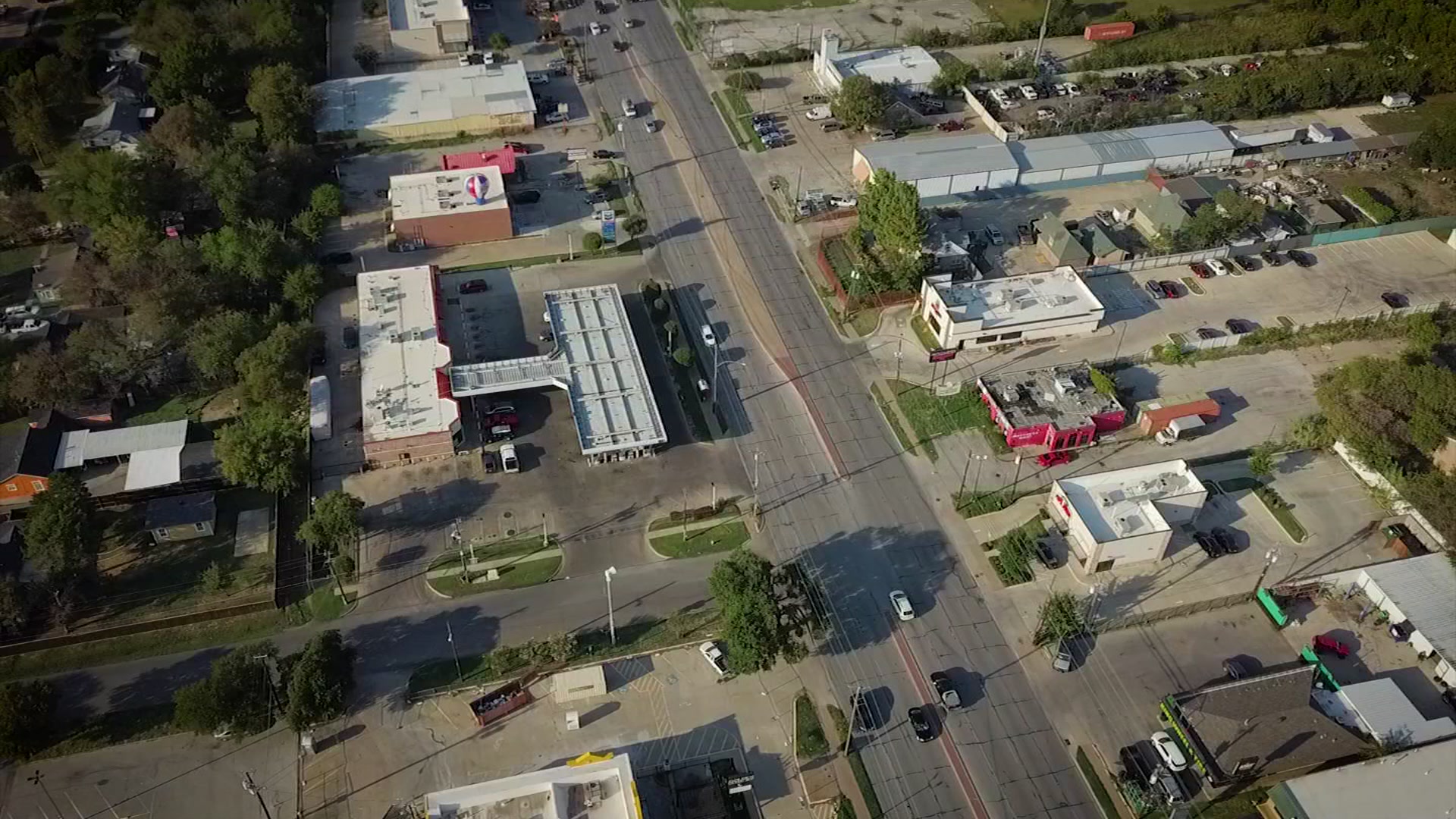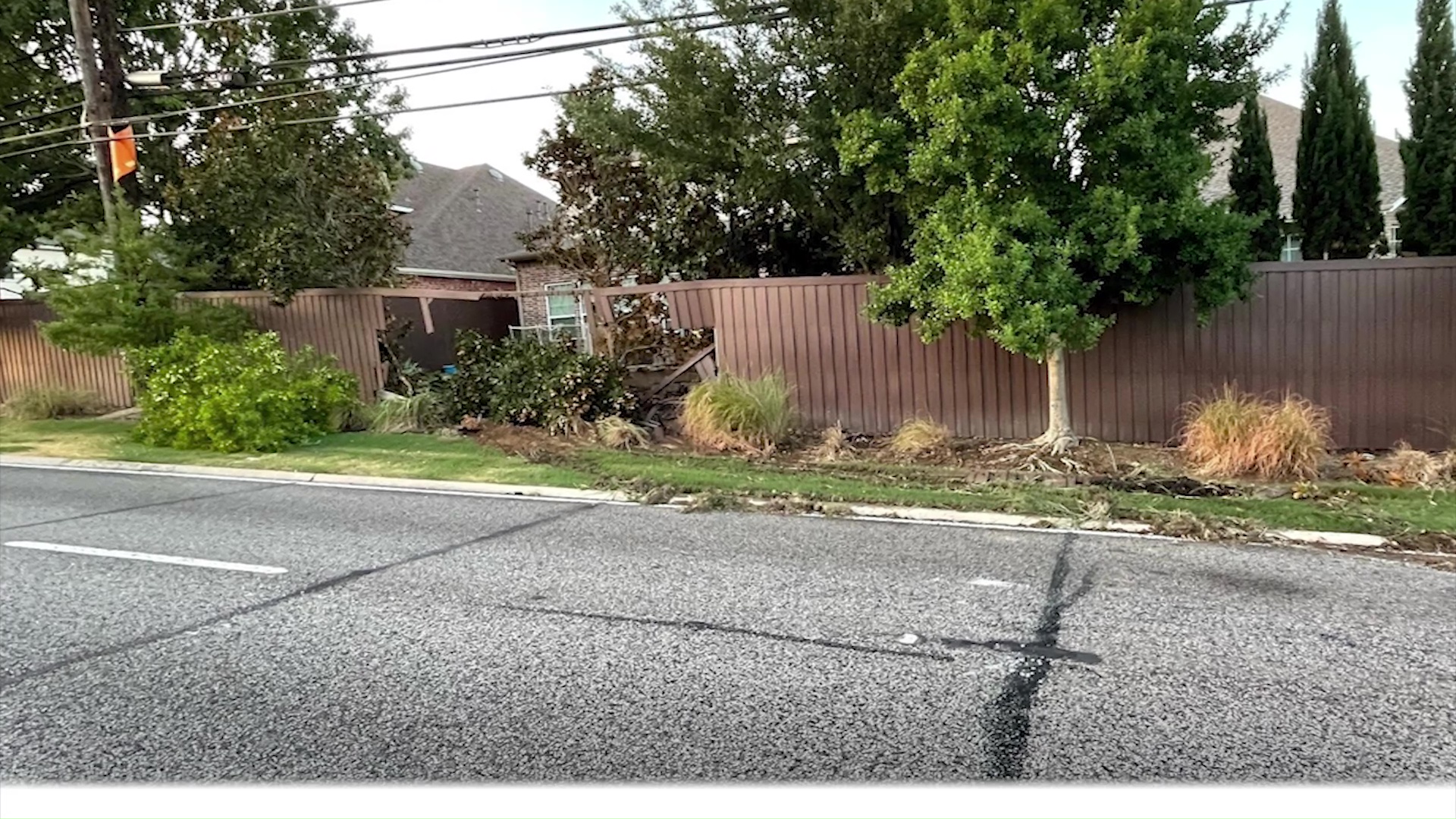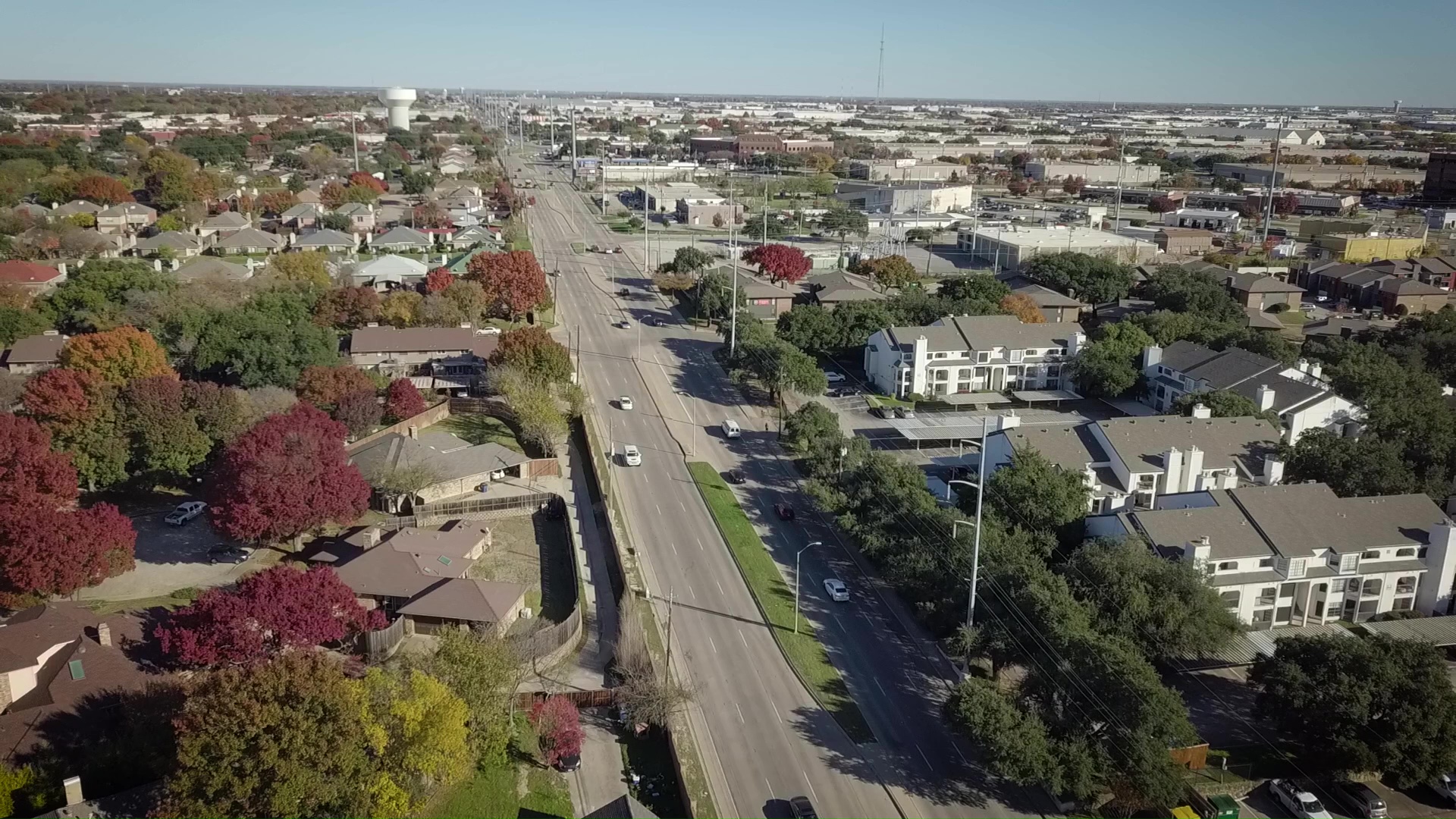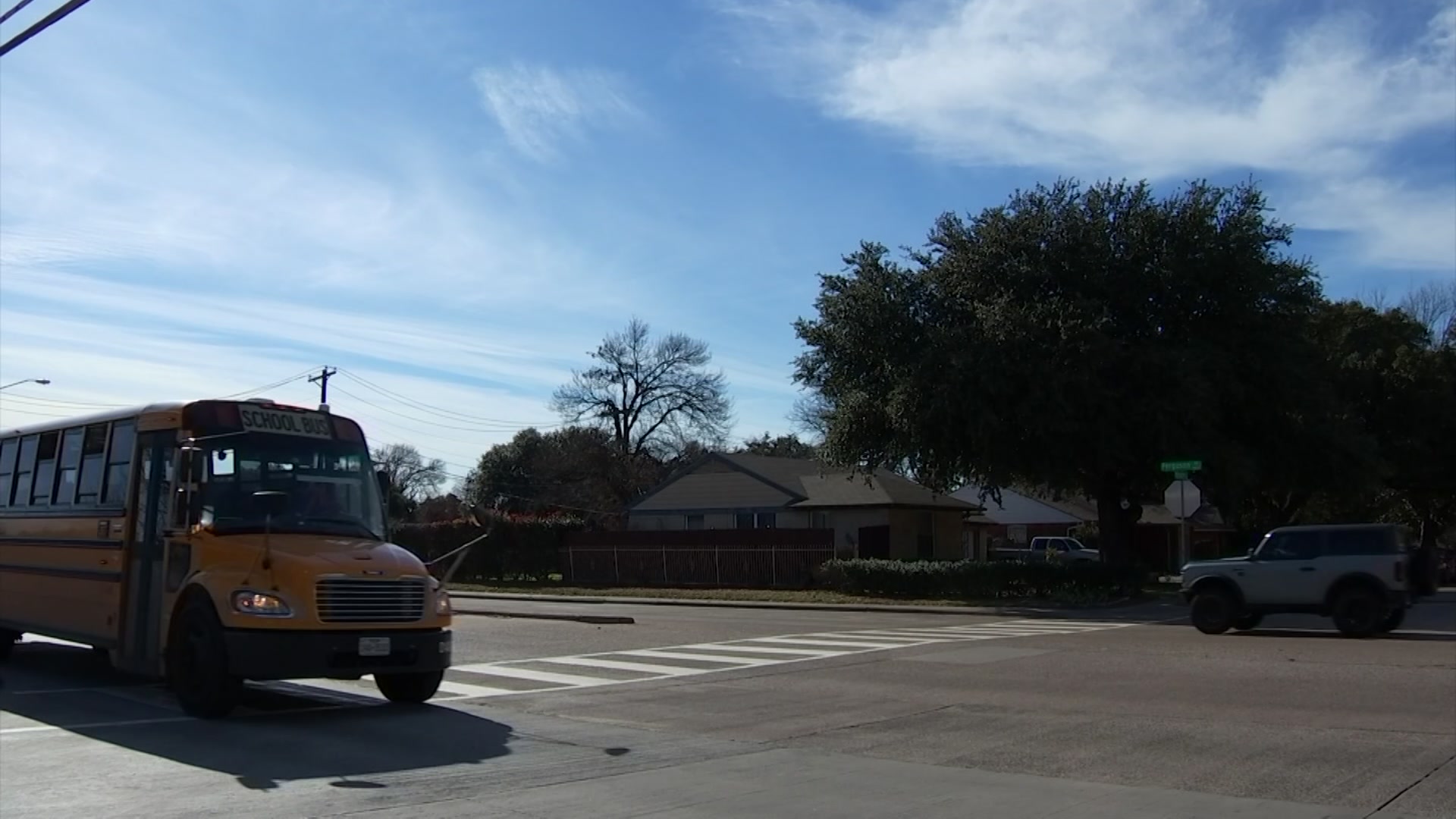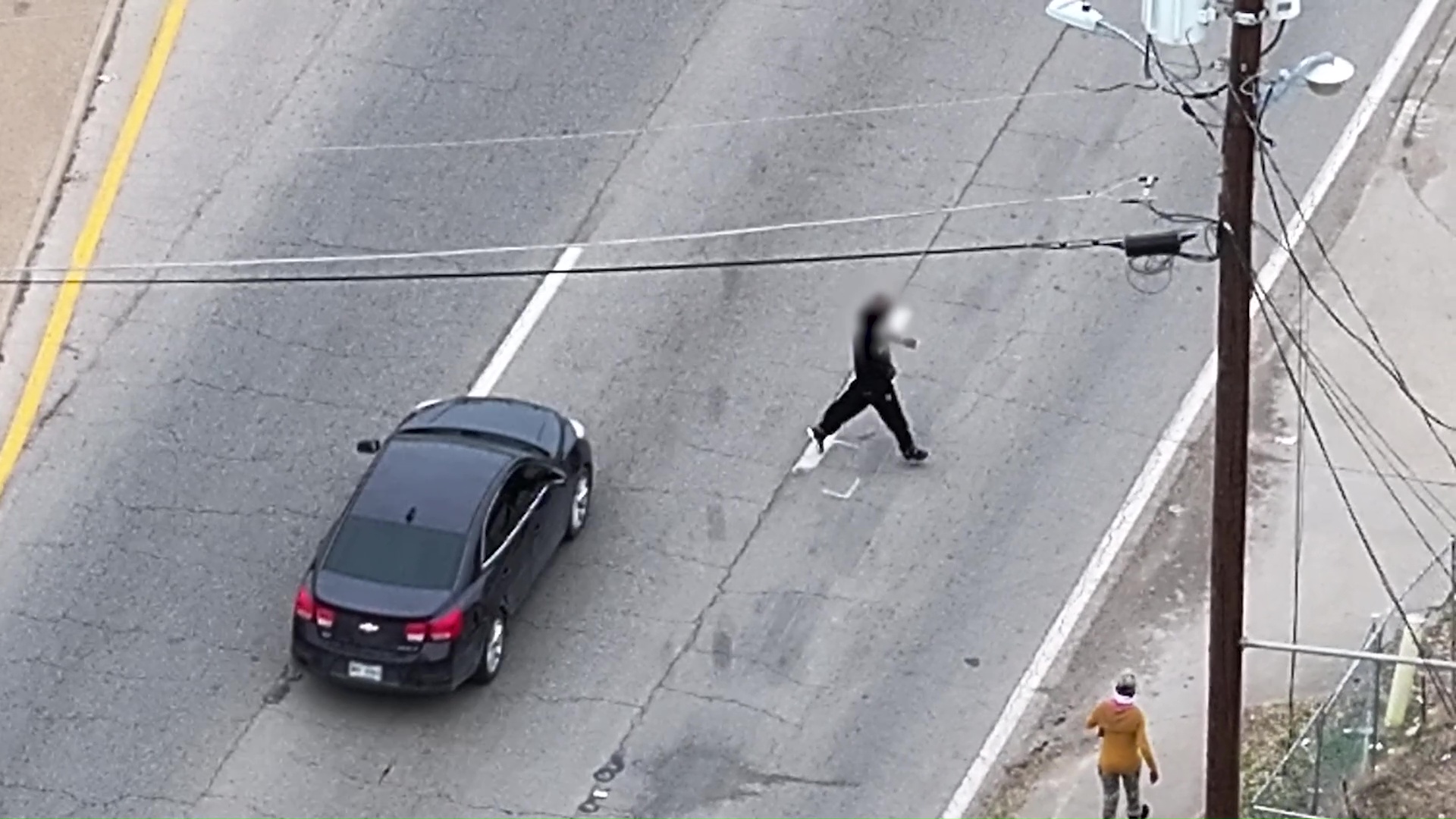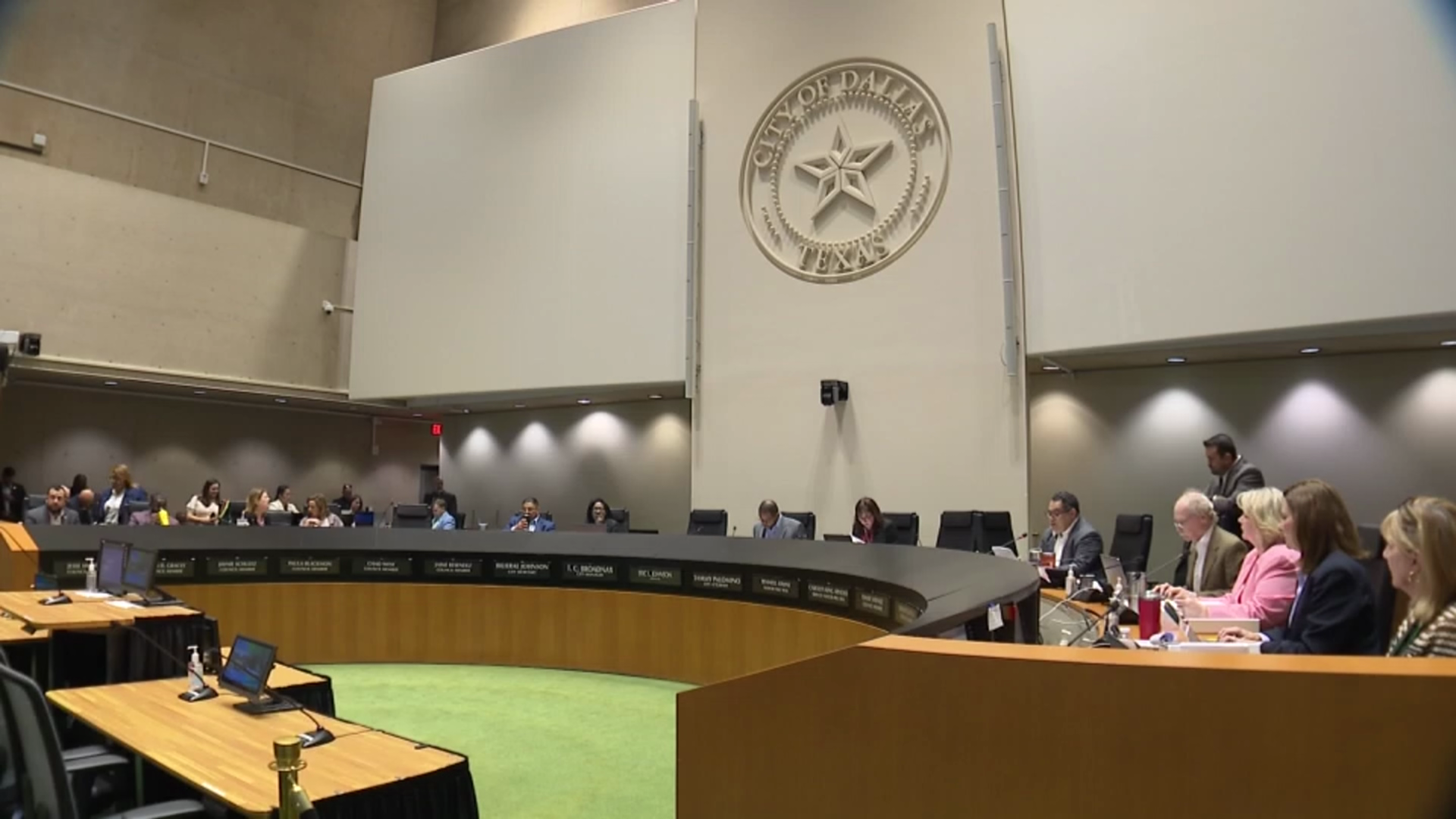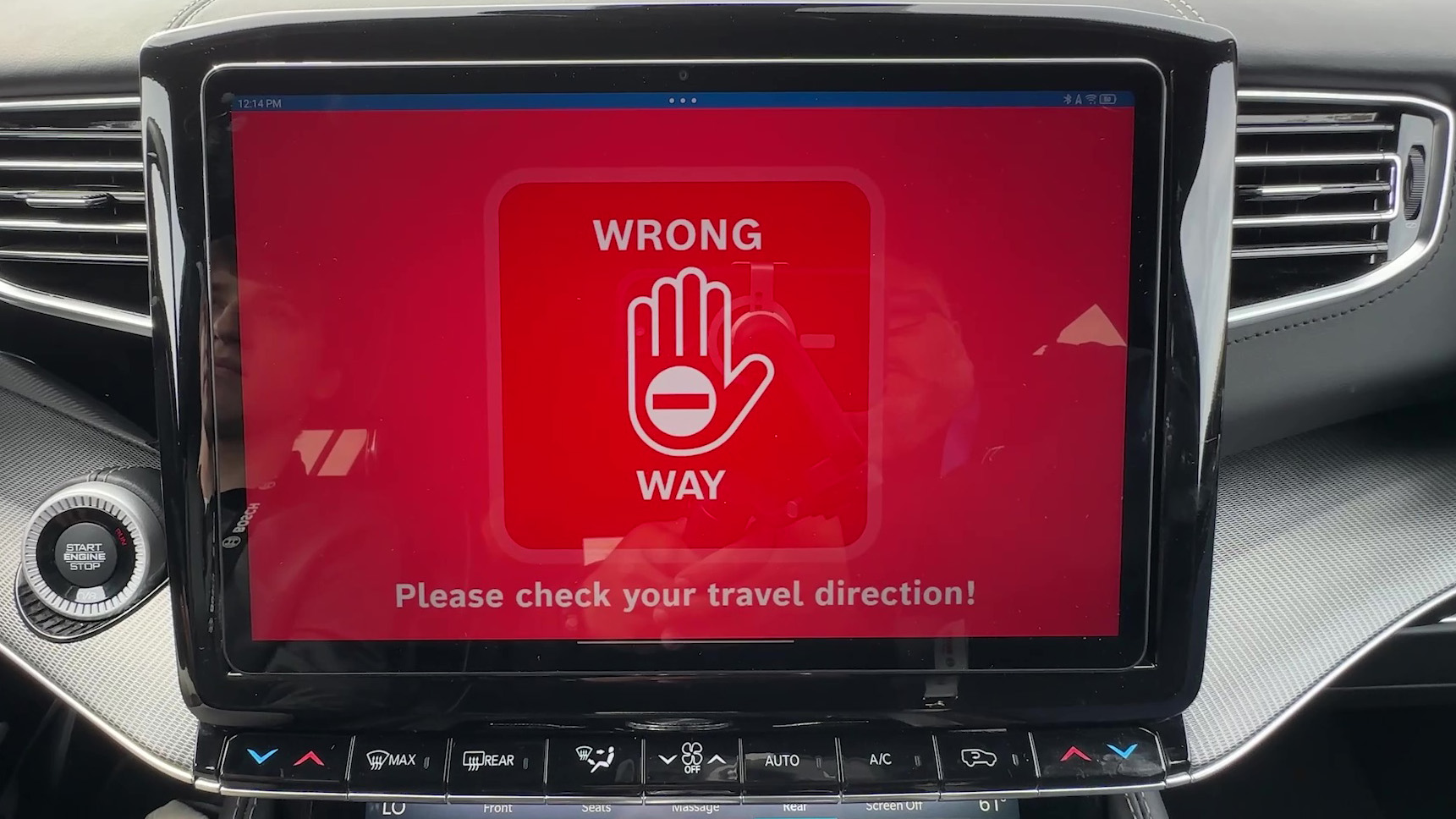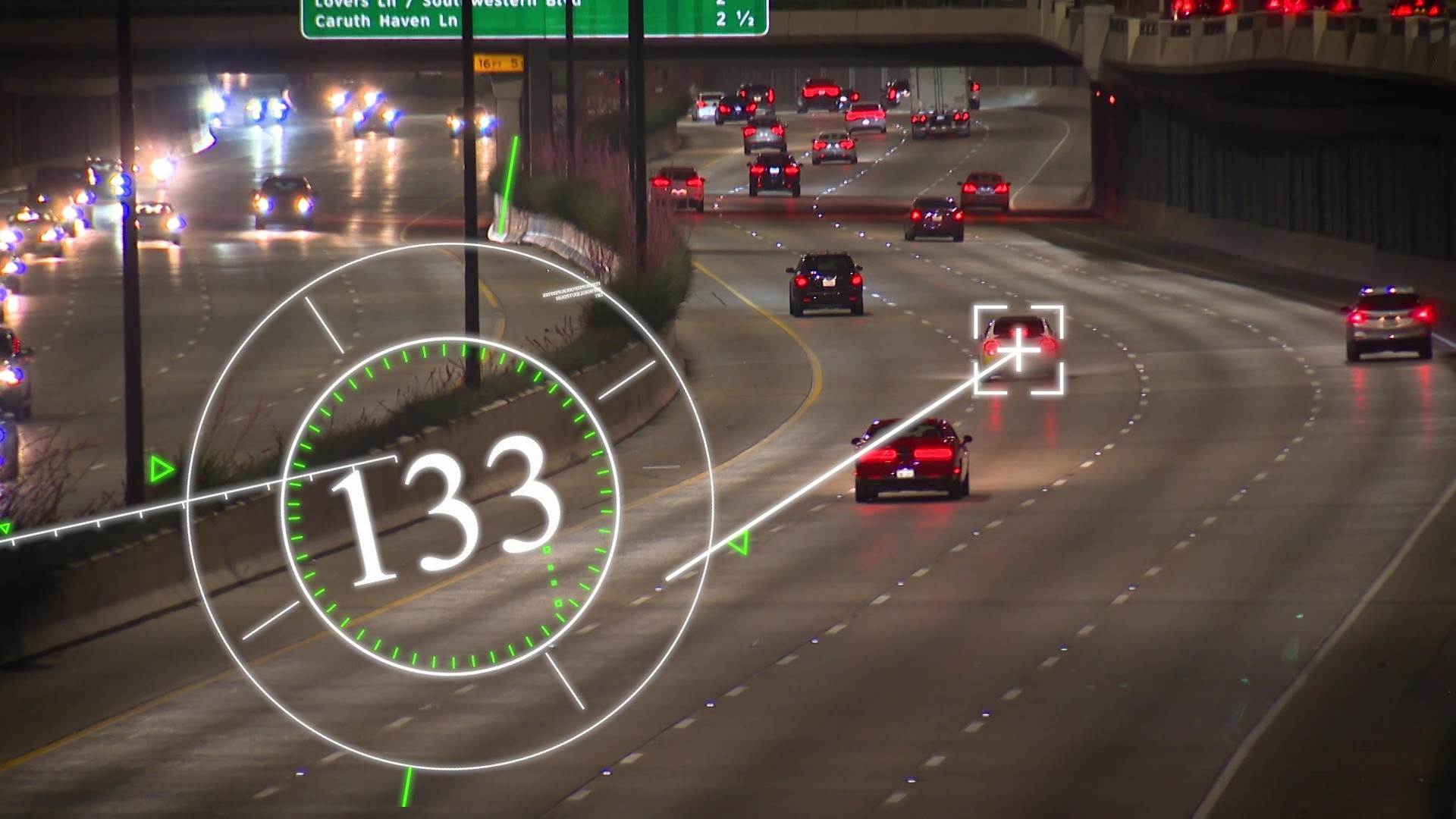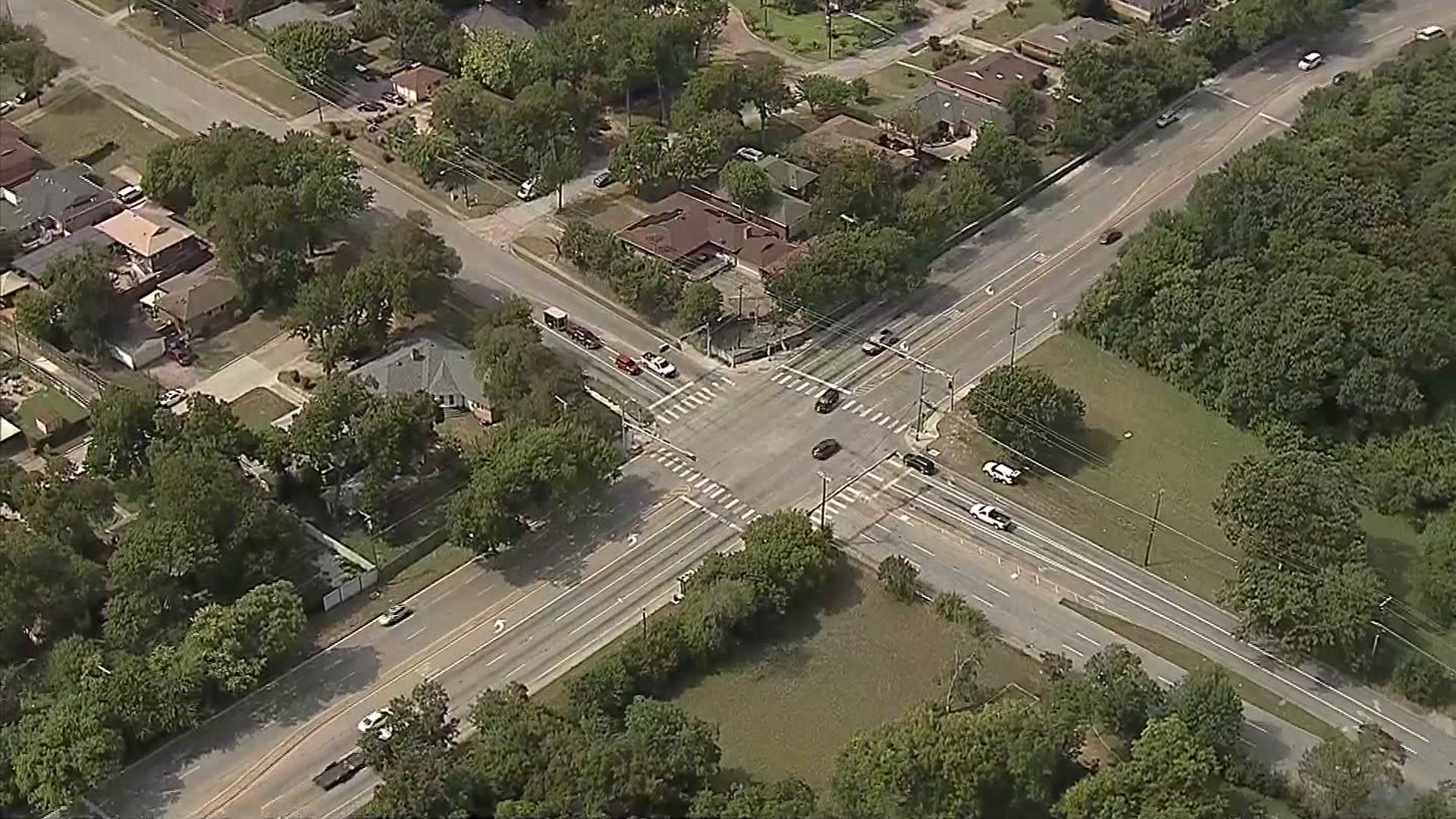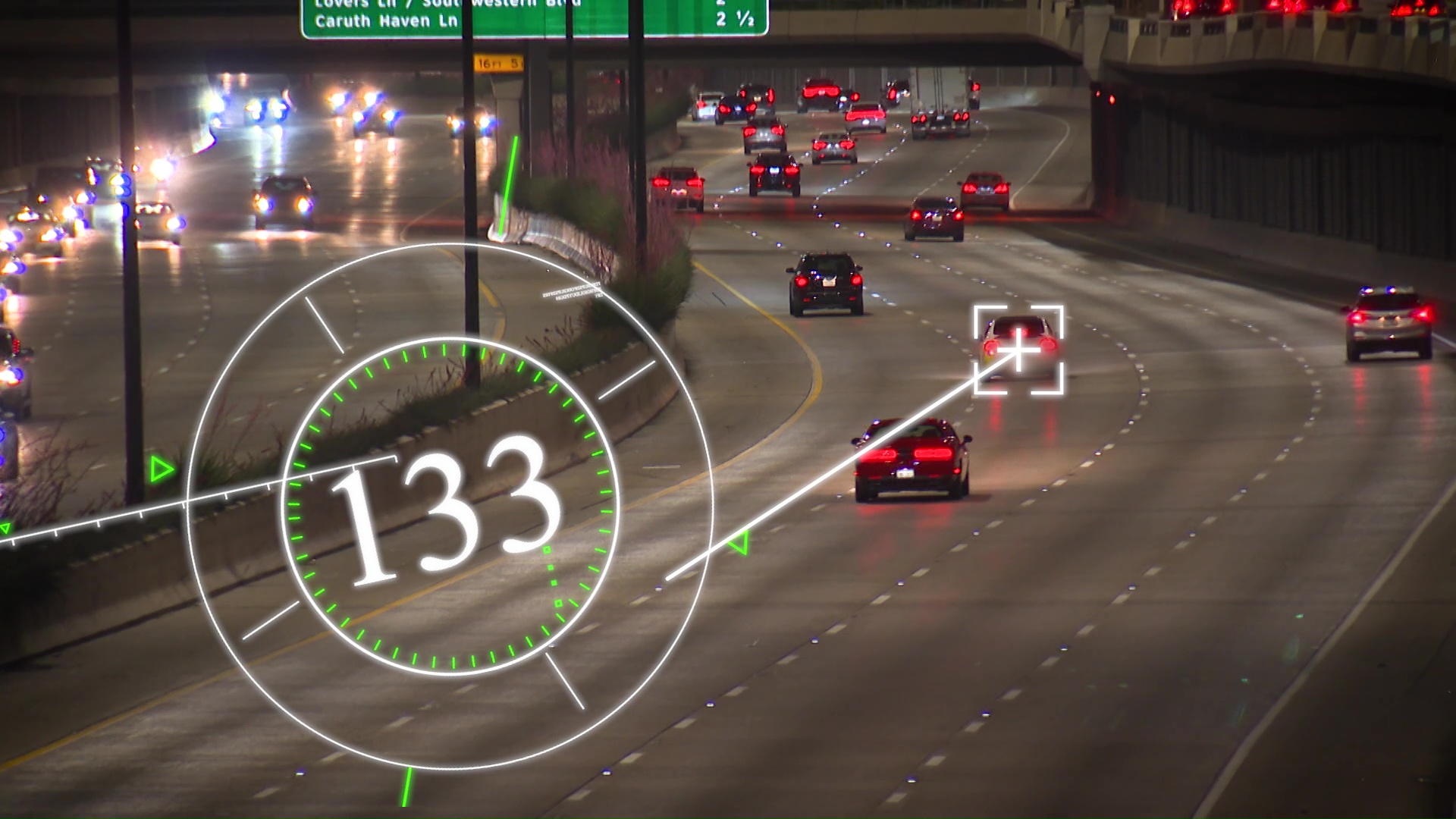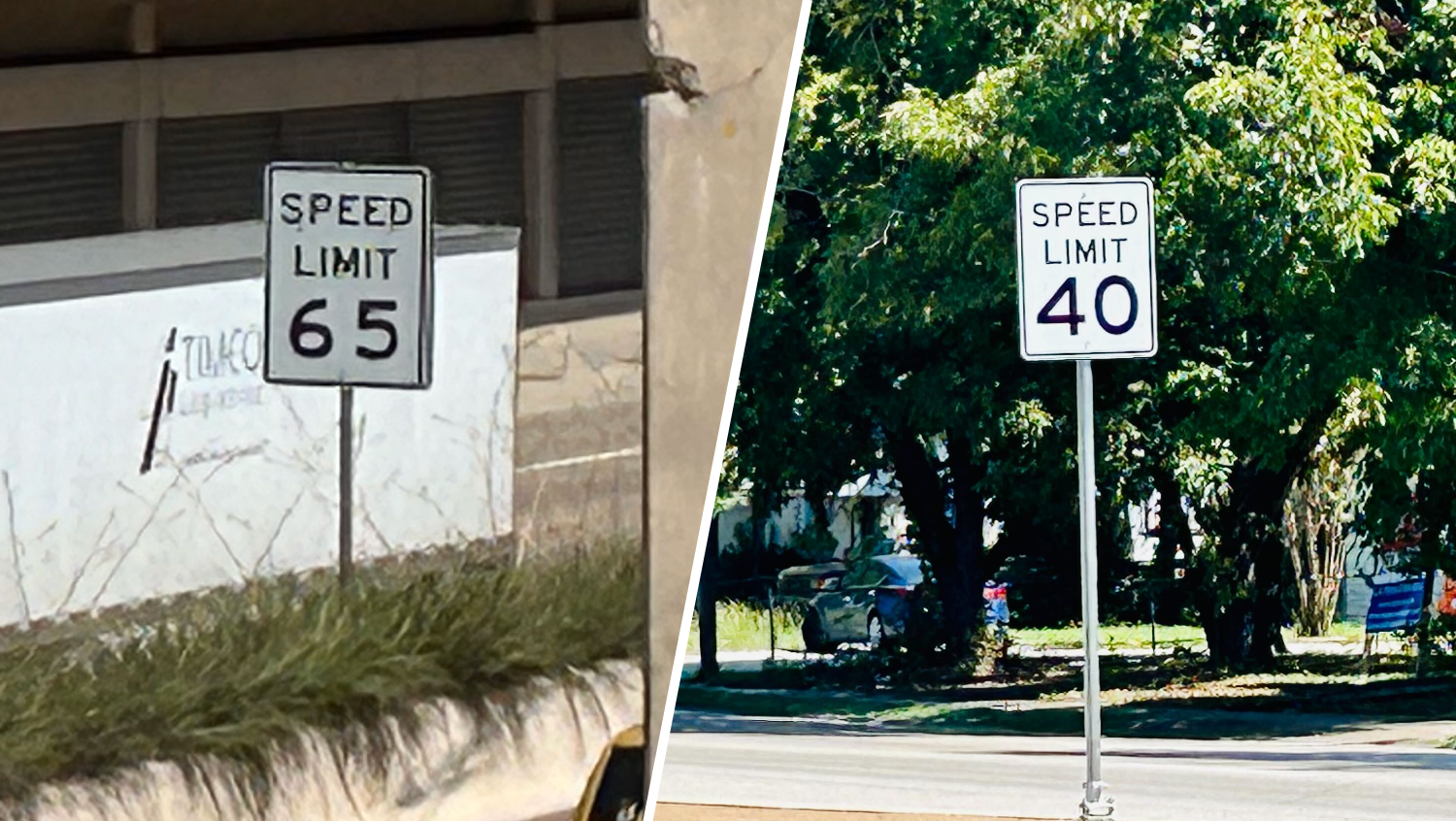A special team of Dallas County prosecutors making the case against Kansas City Chiefs wide receiver Rashee Rice is using high-tech tools to collect data from cars, and even mobile phones, to gather evidence.
A special team of Dallas County prosecutors is using high-tech tools to collect data from cars as they build a case against Kansas City Chiefs wide receiver Rashee Rice, who police say was driving 119 mph on a Dallas highway in the moments before a dangerous crash that injured several people in March.
Weeks before that crash happened, NBC 5 Investigates spoke to members of the district attorney's team to learn more about how they use technology to investigate high-speed crashes on Dallas roads. For months, NBC 5 Investigates has reported on dangerous driving and excessive speeds on Dallas roads in a series of reports: "Driven to Death."
Watch NBC 5 free wherever you are
Whether it's an NFL star accused of injuring multiple people or the case of an elderly woman killed by a driver in a street race, Assistant District Attorney Andrew James and the Vehicular Crimes Unit at the Dallas County District Attorney's Office are often called in to prosecute cases involving allegations of high speeds, street racing or reckless driving.

Get top local stories in DFW delivered to you every morning with NBC DFW's News Headlines newsletter.
James's team has obtained lengthy prison sentences for dangerous conduct on Dallas roads.
In the death of 73-year-old Linda Peterson, a woman killed by a driver who was street racing along Ferguson Road, the Vehicular Crimes Unit secured a 15-year prison sentence.
"Her life should not have ended that way," said James. "Vehicular crimes are violent crimes. What happens to the human body in the span of milliseconds when they're being hit by cars at these speeds -- it's devastating."

James's unit now steps into the national spotlight as it prosecutes Rice and SMU football player Teddy Knox.
Both Rice and Knox were arrested after being charged with causing injuries in a collision and aggravated assault in connection with a crash on Central Expressway in March.
Rice and Knox have both said, through their attorneys, that they were cooperating with investigations. Rice also released a public apology and said he was taking full responsibility for his role in the crash.
A police report obtained by NBC 5 said Rice was driving a Lamborghini SUV at 119 mph and Knox was behind the wheel of a Corvette traveling 116 mph in the seconds before the crash.
To verify those speeds, the police report said investigators obtained a search warrant "for the download of (event data recorder) EDR data" from the two vehicles. An EDR captures a vehicle's movements right before an impact.
Weeks before the crash, Dallas County prosecutors met with NBC 5 Investigates to share how they are using EDRs and other onboard electronics to prove how fast drivers are going.
"And we're getting more and more tools that are available," James said.
Tools that Dallas County District Attorney John Creuzot said are helping tackle what he described as a worsening problem -- extreme speeds and dangerous driving on Dallas roads.
"If something bad happens and you hit somebody, you kill them or hurt them. We're going to do everything we can to prosecute you, and we will get the evidence. We will get your speed," said Creuzot.

To get speed data, Creuzot has invested in a team skilled at analyzing the information captured in devices including GPS navigation systems and mobile phone apps that gather location data that can be used to determine speed.
Ron Cathcart, an investigator at the Dallas County District Attorney's Office said being able to obtain that data has made all the difference in prosecuting cases.
"That's the big change for us, is actually to be able to get all these things that ... 15 years ago, we couldn't do," said Cathcart.
Cathcart said some car models now record the vehicle's speed every second, making it even easier to give jurors a look at what was happening in the car before a crash.
"So for us, those are, you know, a fantastic source of information," Cathcart said.
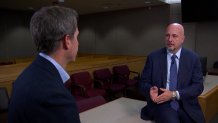
In some cases, the team has documented speeds of 80 mph and 100 mph before deadly crashes, not on freeways but on city streets. Event data recorders on many vehicles can also capture other important information including the rate of deceleration once a crash has occurred.
"So 100 mph is 146 feet that that vehicle is going in one second. That's just shy of a football field in two seconds," James said.
Last year the DA's team obtained a conviction in another case receiving intense publicity, a high-speed police chase involving a driver with a fraudulent paper license plate. Grand Prairie police officer Brandon Tsai was killed in a crash that occurred during that chase.
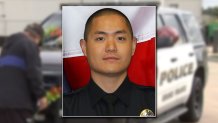
"Every single family that I meet is in the worst time of their life. Because they've lost a loved one," James said.
James said helping bring justice for crash victims makes the work rewarding.
By speaking publicly about how the unit does the work, prosecutors said they hope that it will remind people that if they drive recklessly, it's become almost impossible to conceal their speed.
"These are all very important, and they're very impactful cases. And we want to do our best to hold people accountable for them," Creuzot said.
Creuzot said he has made funding the Vehicular Crimes Unit a priority so that it can be better prepared to put on cases more likely to result in convictions. In two years, the unit has obtained 67 guilty pleas, and seven cases they took to trial ended in convictions with an average sentence of 54 years in prison.
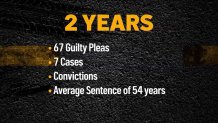
NBC 5 Investigates shot the interviews with the district attorney and the Vehicular Crimes Unit before the Rashee Rice case. Since that time the district attorney's office said they can't comment on that case in particular or on evidence they've obtained because it's an ongoing investigation, but we know from police reports that both the Lamborghini driven by Rice and the Corvette driven by Knox had EDRs.
As the Rice case moves through the courts, more may be learned about whether investigators also have obtained data from mobile phones, roadway cameras, or other devices that might help illustrate the speeds and driving movements involved.
RASHEE RICE CASE
Sign up for our Breaking Newsletter to get the most urgent news stories in your inbox.

